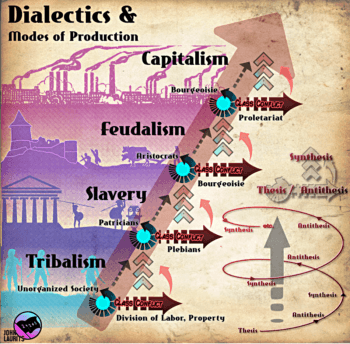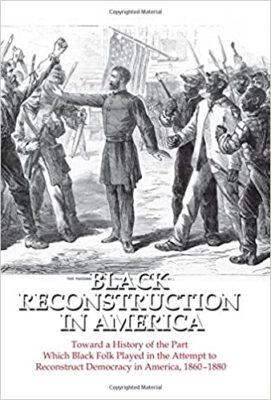Most politicians who win office and identify as socialists place their politics – and, by extension, socialism – under the umbrella of progressivism. So do some of the rank and file members of socialist orgs. But many others point out that progressivism and socialism grew out of much different traditions. We notably see this division in the DSA, which includes lots and lots of younger, newer leftists.
Even though many people see the division, few acknowledge it. This lack of acknowledgment allows an unhealthy situation to develop. We see far more acrimonious debate and ill-will due to this situation than an org like DSA can sustain. Were the two sides to make their assumptions explicit, they could engage more productively with each other.
But all this leads to a natural question: are the DSA politicians (and their followers) correct? Is socialism just some stronger flavor of progressivism? Or is it something else?
I’ll argue in this post that socialism and ultra-progressivism are different. Socialism isn’t just a more extreme form of progressive views. But while I’ll spend some time showing the differences between socialism and ultra-progressivism, I’ll point out that the goal is to help discussions proceed without all this ill-will.



